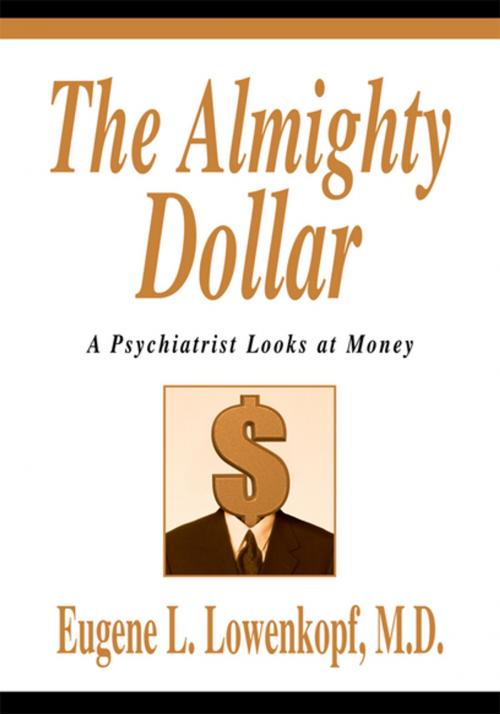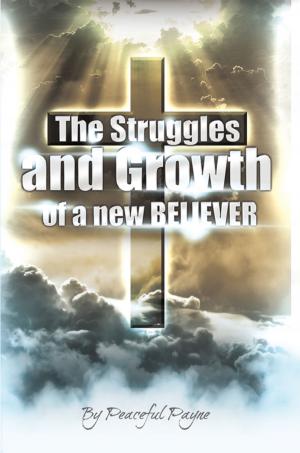The Almighty Dollar
A Psychiatrist Looks at Money
Nonfiction, Health & Well Being, Psychology, Counselling, Applied Psychology| Author: | Eugene L. Lowenkopf | ISBN: | 9781469727486 |
| Publisher: | iUniverse | Publication: | May 11, 2003 |
| Imprint: | iUniverse | Language: | English |
| Author: | Eugene L. Lowenkopf |
| ISBN: | 9781469727486 |
| Publisher: | iUniverse |
| Publication: | May 11, 2003 |
| Imprint: | iUniverse |
| Language: | English |
Money was invented about 5000 years ago and has proved essential to civilization. It has also become so charged with emotions that it dominates events throughout life and looms large in all interpersonal transactions. This book looks at all aspects of the money mind relationship from the viewpoint of a psychiatrist who has dealt with the problems that money produces and the problems that it supposedly resolves. There are chapters dealing with important stages in the life cycle such as childhood, adolescence, marriage, maturity, retirement, old age and death as well as chapters concerned with special topics such as divorce, poverty, wealth, gambling, stealing, philanthropy and hoarding. The author illustrates these issues with cases drawn from his professional work and from history, literature, current events, and popular culture and personalities. He concludes by telling the reader how to correct emotional distortions of money in order to become happier and more effective.
Money was invented about 5000 years ago and has proved essential to civilization. It has also become so charged with emotions that it dominates events throughout life and looms large in all interpersonal transactions. This book looks at all aspects of the money mind relationship from the viewpoint of a psychiatrist who has dealt with the problems that money produces and the problems that it supposedly resolves. There are chapters dealing with important stages in the life cycle such as childhood, adolescence, marriage, maturity, retirement, old age and death as well as chapters concerned with special topics such as divorce, poverty, wealth, gambling, stealing, philanthropy and hoarding. The author illustrates these issues with cases drawn from his professional work and from history, literature, current events, and popular culture and personalities. He concludes by telling the reader how to correct emotional distortions of money in order to become happier and more effective.















